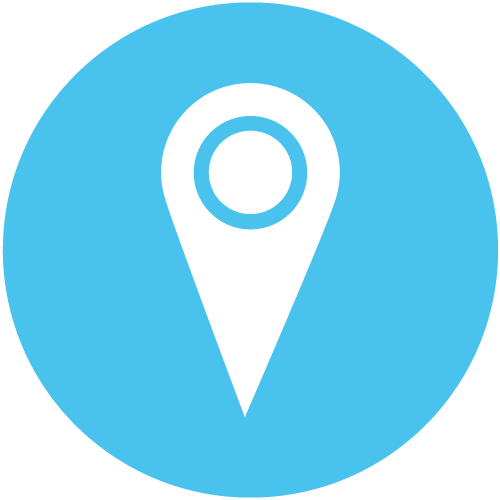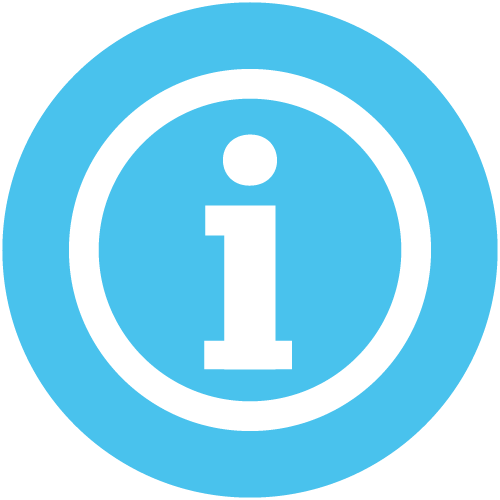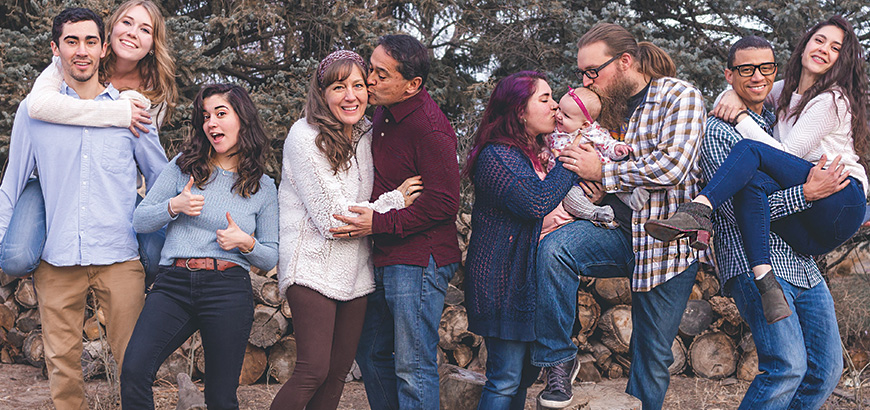By talking to your family member or friend about their condition, this will enable them to adjust and feel accepted by those around them.
Family & Friends
Family
If there is an established family history of an inherited bleeding disorder, then the diagnosis may not come as a surprise. Family members who are already managing this can help by offering support and reassurance to both the parents and the child that their condition doesn’t need to overshadow all else. Babies and children need the freedom to develop and parents who are not used to having a child with a bleeding condition need support so that they enjoy their child as they grow up; so rather than worrying about their first bleed, look forward to their first steps.
In some cases, the diagnosis of an inherited bleeding disorder will be unexpected and may raise concerns amongst the family. You can talk to your haemophilia centre about what the next steps are if family members want to be tested and to learn more about available treatments.
If you need any advice or want to talk about an inherited bleeding disorder within your family, your local haemophilia centre is there to help.
Friends
As inherited bleeding disorders such as haemophilia and von Willebrand disease are relatively rare, chances are you won’t know anyone else with a bleeding disorder. This means you might not know much about their condition, and so don’t know how to act around them. Questions such as ‘how did you get your condition?’ ‘what happens if you cut yourself?’ and ‘is their life expectancy shorter than average?’ might trouble you, but you might not feel comfortable asking your friend or family member.
We recommend that you talk openly to your friend, reading about your friend or relative’s condition is helpful and there is a wealth of information available both at your local haemophilia centre and on the internet. This will give you a good understanding and help you to talk openly with your friend when the opportunity arises. We hope that the About and My bleeding disorder sections of our site can provide a good starting place. For further information we have provided a list of recommended external resources at the bottom of the page.
However the most important thing to know as a friend of someone with a bleeding disorder is that they are a person, who happens to have a bleeding disorder. Many people have medical conditions which should not define who they are. Even though they may not be able to join in every activity they can still be involved in everyday life just as much as you.






